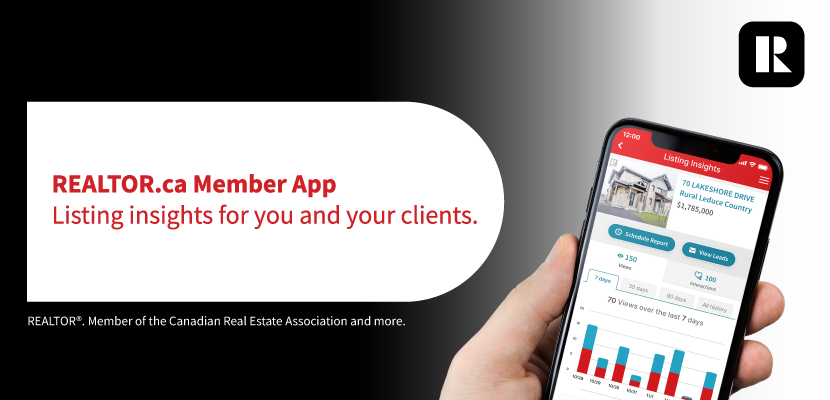This is tongue-in-cheek. Stop, pause and re-organize if you consider doing any of these things.
1. Don’t return that phone call until a “more convenient time”.
If the answer can truly wait, great. Return the call or send a quick text message right away and say the exact time you’ll have a reply ready. Then make the second call when you said you would with the complete answer ready.
If it can’t wait, return the call and provide the most up-to-date information you have right away. If additional details are required, say when you’ll have them ready and call again at that time.
2. Don’t show up for that showing (and don’t call) because you had something else to do.
If you did have something better to do, why did you schedule this appointment in the first place? Did you originally have some “free time” to fill? Isn’t the other agent’s time just as valuable as yours?
3. Let the paperwork wait or leave it for someone else to do.
There will never be a time to not take the responsibility for the work that crosses your desk. Whether you’re working on your own or as part of a team, the sooner you get things done the less rush there will be when a mistake is discovered and needs to be corrected.
Take pride in doing things right the first time and always be pleased you can sign your name to the paperwork that you pass along to others.
4. Always be selling because your job is about getting the sale.
If that’s how you think, then real estate sales are not your gig. Your job is about customer service and you need to listen more than you talk. Let your marketing do the sales and your mouth do the asking, not the telling, for your client’s sake.
5. Since you know better than your client, don’t be afraid to argue to make your point.
It’s your experience and knowledge that make you a great sales rep, not your skill of (or lack of) persuasion. Stick to the facts and lay out your marketing plan. If you consistently feel defensive because of your client’s attitude towards you, fire them, don’t argue with them.
6. Withhold information because you consider it “immaterial to the deal”.
Your business should be based on “full disclosure,” not sharing only the good points and hiding (or forgetting about) the bad. If you were spending your own money, would you be concerned that your real estate agent didn’t tell you about “every little thing”? Sure you would.
7. Promise things you can’t possibly follow-through with.
We all want to be liked, but your business is based on the real marketplace of real estate, not a popularity contest. If you need to make hard facts known, do it firmly and convincingly (keeping in mind that professionalism doesn’t allow for you to cross into the point of arguing).
Accept only the tasks you can accomplish and say, “I may not be the best person to handle that request but ‘so-and-so’ should be able to help you” so that you have dealt with the matter while still maintaining your positive outlook on a job well done. Ensure your recommendation can handle the requested task.
8. Price the property too low for a quick sale (and commission) or too high (for whatever reason).
After completing and presenting a professional CMA, you agree with your client on a listing price that your CMA says is too high (or you convince them to offer a price that is too low). Sure, you risk the relationship you have with your client, but your job is to sell the house “at market”, not from cloud nine or for your commission. And a later price reduction shows desperation to sell (as well as an agent’s poor advisory skills) so protect your client relationship and your own reputation by being “on market” with your CMA and by fully explaining to your client exactly what it is.
9. Allow the transaction to proceed on its own, leaving all parties to deal directly with your client.
It’s your deal. Your client hired you to guide them through the process. It falls on your shoulders to provide the necessary contact and follow-up for your client from lawyers, mortgage brokers, home inspectors, insurance companies and whoever else has a part in the successful completion of the deal.
Best practices say that you should be the contact point and provide, at a minimum, weekly progress reports directly to your client to keep the deal on track and head off any issues as they arise, not as they threaten to collapse the deal.
Common courtesy will build your personal brand faster than any other type of referral inquiries you may seek.
Robert E. Lee is information manager at Realty Point. He writes about the real estate industry in Ontario and how real estate brokers can open and manage their own real estate brokerage.

















